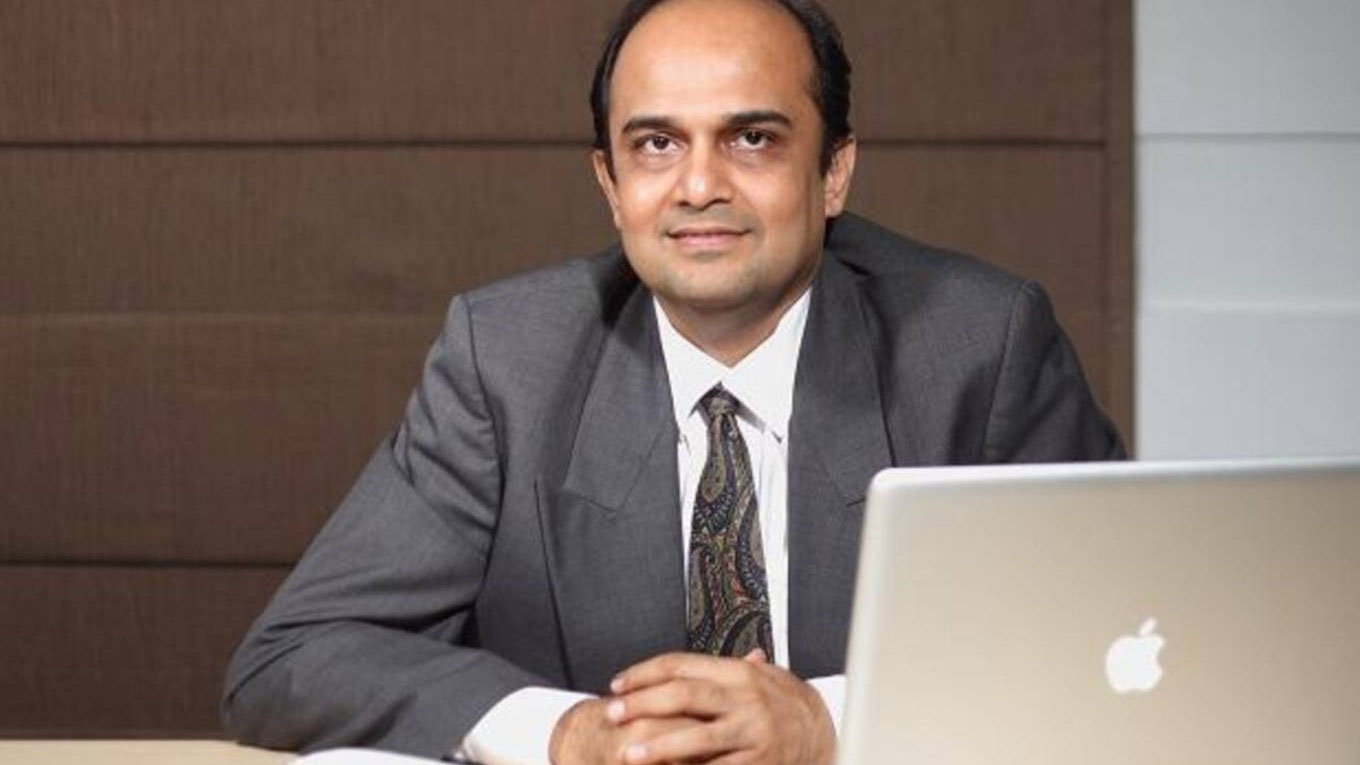-
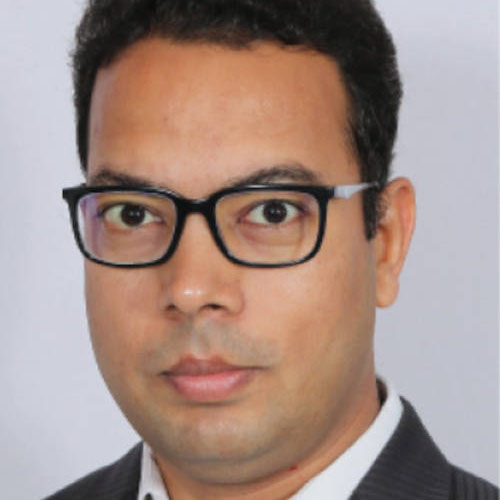
Tiwari: attrition level in Equirus is low
In 2007, Garg finally made the decision to venture out and start his own enterprise. Initial capital from friends and family aided in the launch of Equirus Capital Private Limited. He received support from ACE investor Rakesh Jhunjhunwala, who believed that India was opening up and presenting abundant opportunities for mid-market segment companies. Jhunjhunwala’s firm had also engaged in several private deals at the time.
The equity markets were thriving in 2007, with a sense of euphoria in the air. From a level of 12,800 in January 2007, the Sensex surged to a peak of over 21,000 in January 2008. However, the subprime crisis erupted in the USA in 2007, leading to a housing price crash. This crisis soon engulfed the entire US market and sent shockwaves worldwide. The heavily leveraged investment bank Lehman Brothers collapsed, and others faced severe difficulties.
During this period, Indian markets witnessed an exodus of Foreign Institutional Investors (FIIs) and widespread share sales. Market levels plummeted from a high of 21,200 in January 2008 to 7,700 by October. Garg was cautious and did not take any unnecessary risks. He wanted to slowly put all the building blocks in place. Beginning with advisory services, he gradually added other components. Presently, while Equirus Capital serves as the holding company, Equirus Securities Private Ltd, Equirus Investment Broking Private Ltd, Equirus Wealth Management Pvt Ltd, and more recently, Equirus Finance Private Ltd have been established. Equirus’ logo features a banyan tree, which symbolises growth.
“Even as the businesses expand, we keep adding new areas of growth,” Garg explains. As the investment bank grew, an Institutional Equities desk was launched. Empanelment with various institutions and banks was achieved. A robust research desk contributed to differentiated ideas. These ideas were evaluated every quarter, with fee structures set for the subsequent quarter. At Equirus, leaders were initially chosen to head specific businesses, which were then put in place through them.
Global acquisitions
In 2008, a wave of mega deals swept through the global market as asset prices in Europe and the US dropped following the global financial crisis. One landmark deal involved Tata’s acquisition of Corus Steel in 2007 for £6.7 billion. This was a significant global transaction following Tata Tea’s purchase of Tetley back in 2000. Tata's strategy of going global had led all its companies to rapidly expand through global acquisitions.
-
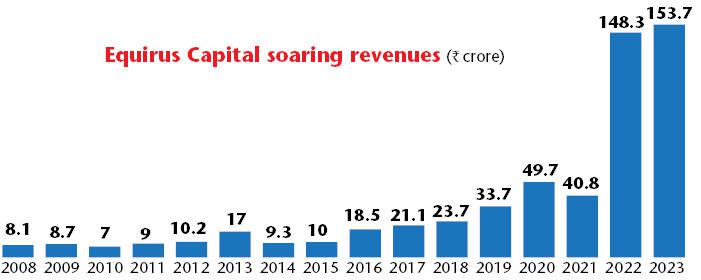
Prior to Corus, Tata Chemicals had acquired the Bruner-Monde Group in the UK in 2005. Following Corus, Tata Motors acquired Jaguar and Land Rover from GM Motors in 2008. Similarly, Birlas acquired Novelis, while Mahindra and Mahindra acquired several mid-sized companies during this period. Notably, during the global crisis, Indian companies embarked on an international shopping spree in a bid a to scale up quickly. All this was driven by the availability of acquisition finance from global banks aflush with liquidity.
Mid-sized firms did experience the impact of the global crisis, as exports suffered and smaller companies focused on conserving cash. Surprisingly, the calendar year 2007 witnessed nearly 100 IPOs, including major ones like Idea Cellular, Brigade, Cairn India, Power Finance, and Reddington.
For smaller investment banks, securing mandates was challenging, with larger investment banks monopolising them. Equirus Capital Private Limited’s total income was Rs8 crore in 2008, a figure that remained stagnant for a number of years thereafter. As of FY23, the same figure has risen to Rs154 crore.
Post-Covid, the past 2 years have witnessed a remarkable income surge, from Rs62 crore in 2021 to over Rs150 crore. With a well-established platform offering varied services, insiders reveal that the firm has reached a size where non-linear growth spans across various businesses. In FY23, investment banking and related activities accounted for 27 per cent, equity broking 37 per cent, wealth management 35 per cent, and the newly started insurance broking business contributed Rs1 crore.
From the very beginning, Ajay followed a policy of hiring talent from top institutes. Notable institutions such as JM Financial, Motilal Oswal, ICICI, TCS, IDFC, Templeton, and KR Choksey provided talent to Equirus. These were, for the most part, youngsters who had aspirations and entrepreneurial drive. Ajay’s philosophy was straightforward: “If I could do it, anyone could”. Today, Equirus, which started with a team of 12 people in 2007, boasts a workforce of 250 individuals. People who are granted the freedom to grow and thrive.
“The attrition level in Equirus is low. Our sales team has not seen any exits,” states Ashutosh Tiwari, MD of Equirus Securities Private Limited based in Ahmedabad. “Numerous corporations in Gujarat are underserved, so we established offices there.” Tiwari, who pursued an MBA in finance after graduating from NMIS, began his career with KR Choksey’s equity research desk. He joined Equirus in 2010 on the research side and rose to become MD in April 2021.
Tiwari emphasises that they conduct bottom-up research with comprehensive channel checks. “In 2010, our research coverage encompassed 10 companies. Today, we provide in-depth coverage for 250 companies. Our thought process revolves around differentiation, as is evident in the presentations we offer our clients.” Among the top three companies he highlights are UnoMinda, Elgi Equipment, and Ratnamani Metals and Tubes.
-
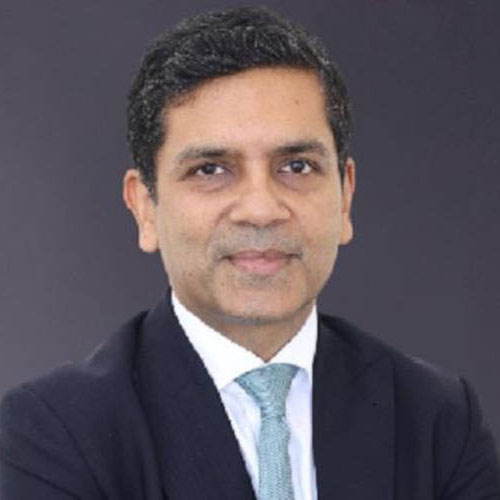
Shah: 'We were extremely choosy about mandates'
Choosy about mandates
Bhavesh Shah, the current MD leading the M&A investment team, began as a research analyst at JM Financial and advanced over the next two decades to become the MD of the investment bank. After spending 2 years with another boutique firm, Bhavesh joined Equirus in 2020. He reflects on the firm’s growth, stating: “I was happy with the way things shaped up. Equirus was in its infancy as far as equity capital markets (ECM) were concerned. There were thorough research standards with no shortcuts. We were extremely choosy about mandates, as they required a high level of filtration.”
Rationalising his decision to join Equirus, Shah underscores: “High ethics and governance were present. Moreover, we both shared a conviction for spotting future leaders. Ajay has a knack for identifying tomorrow’s leaders ahead of others.” On a lighter note, he adds: “We may have grey hair, but there is still fire in our bellies.”
Leaders across various verticals agree that their teams have significant empowerment. “Ajay is a patient individual,” notes Ajit Deshmukh, currently the MD of Equirus Capital. Deshmukh, a software engineer, had been a serial entrepreneur until he joined Equirus. Following his tenure with a Citigroup company in the early 90s, Deshmukh initiated his own venture called Y-point, which he exited in 2003 for $75 million.
He then launched another company, Wizarth Advisory Services, which connected software industry companies with clients, based on their capabilities. After nearly a decade of persuasion by Garg, Deshmukh merged Wizarth with Equirus in 2012 and was appointed head of the M&A practice.
Deshmukh underscores their customer-centric approach, stating: “Customer comfort and client interests were always of the greatest importance. We frequently rejected mandates and withdrew from deals if we believed the assets were overvalued.” Leveraging his relationships with banks and institutions globally, especially Citi in the US, Hong Kong, Singapore, and India, Deshmukh successfully enabled Equirus’ empanelment with over 250 institutions, mutual funds, and various banks’ treasuries. The retail franchise, serving HNIs, now has more than 110,000 clients. Having established the investment banking team, Deshmukh currently oversees the Wealth business.
The Federal Bank factor
In 2018, Federal Bank acquired a minority stake in the company. Federal Bank’s involvement aided Equirus in expanding its wealth business, particularly in Kerala where Federal Bank has a strong presence. This presence was leveraged to initiate the wealth business, initially targeting institutions and gradually moving towards HNIs and super HNIs.
Currently, Federal Bank holds approximately 20 per cent, Jhunjhunwala holds around 12 per cent, Ajay Garg and his family-controlled company Sanron Management possess 46 per cent, while the remaining 22 per cent is allocated to the staff. All leaders have their skin in the game, and there are generous stock options. “Equirus does not overpay, but we do not underpay,” asserts Garg. Staff compensation constitutes nearly 50 per cent of the consolidated cost.
-
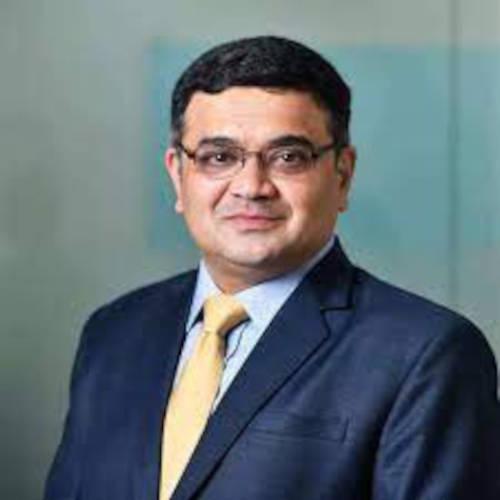
Deshmukh: Customer comfort and client interests were always of the greatest importance
Discussing future growth directions, Ajay reveals the establishment of an NBFC to fund their clients’ requirements. A new office in Gift City is being established to facilitate the channelling of FIIs and PMS clients. Currently managing two funds, one focused on small caps and a recent multicap fund, Equirus is diversifying into other funds. They have cultivated expertise across various sectors, including infrastructure, technology, insurance, health, and BFSI.
Specific funds will be initiated in Gift City. Deshmukh discloses that they have submitted a proposal to SEBI for the launch of an AIF (Alternative Investment Fund), which is awaiting approval. This marks Equirus’ debut in the private equity sector. The AIF aims to fund aspiring companies, functioning more like a venture capital fund.
Unlike many investment firms, Equirus does not indulge in proprietary trading. As new verticals are being incorporated, one thing the team definitely has is ambition. “We aim to grow by leaps and bounds,” asserts Bhavesh Shah, emphasising their goal to be the preferred ‘go-to’ investment bank for clients. Deshmukh highlights the in-house synergies being developed and the potential of cross-selling. Research identifies clients, the M&A team provides advice on the best way to meet client needs, and the NBFC supports clients. “We don't just conduct transactions. We forge lifelong relationships with clients, and our aim is to manage the promoters we’ve raised capital for. They'll become our future clients in our wealth management division.”
While Equirus has seen a couple of cycles, Garg is banking on India’s future growth story, which he believes will yield extremely good growth opportunities. Equirus might not have reached the status of a bulge bracket investment firm yet, nor might it do so in the foreseeable future. Nevertheless, with many mid-market companies in India, along with the emergence of new enterprises, firms like Equirus are poised to grow and thrive in the country’s evolving business landscape.
